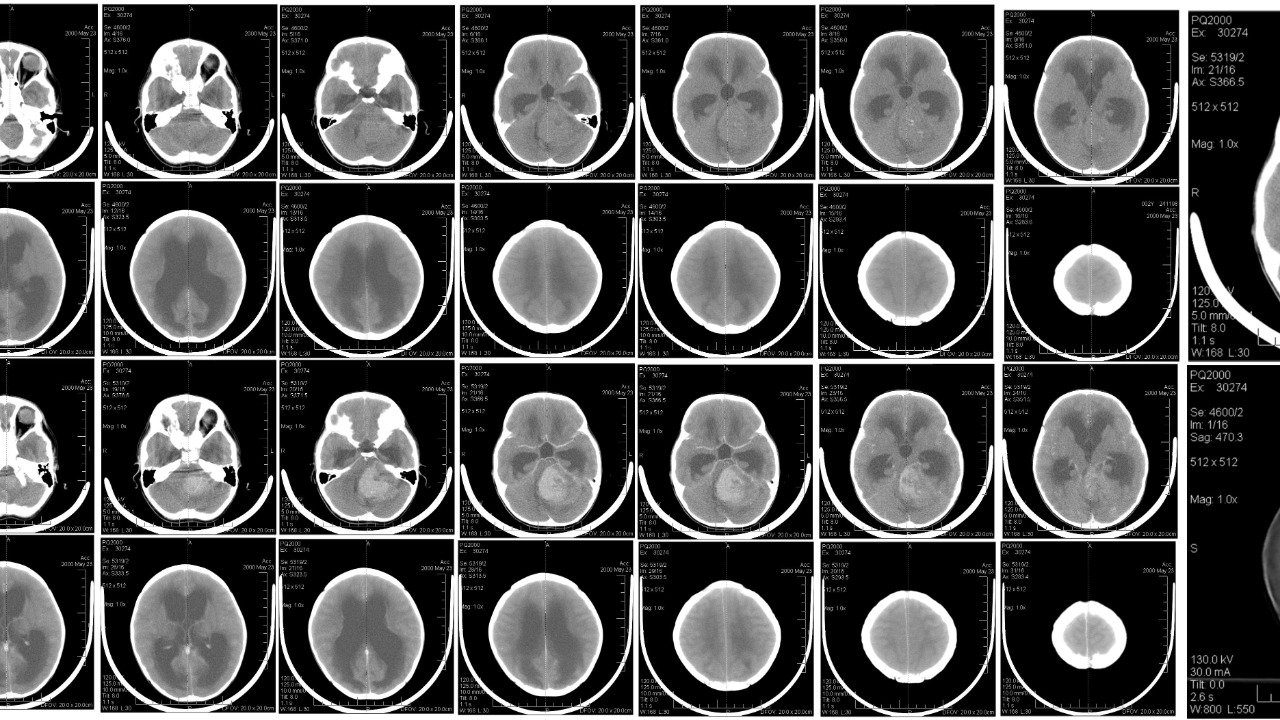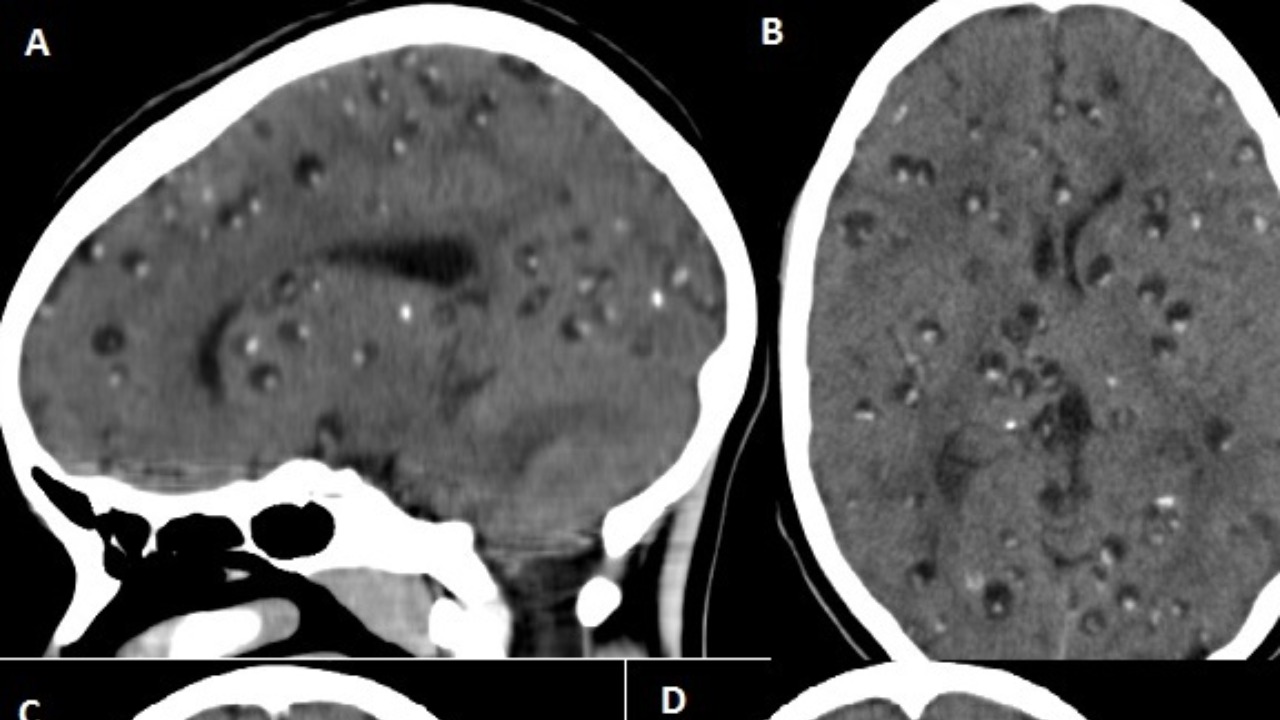Recent research conducted by Swedish scientists has made a revolutionary discovery: the human brain can continue to produce new cells, even in old age. This finding challenges long-held beliefs about the capacity of the adult brain, and opens up exciting new possibilities for understanding cognitive ageing and developing treatments for age-related cognitive diseases.
The Groundbreaking Discovery

The research, led by a team of Swedish scientists, utilized advanced imaging techniques and methodologies to study the human brain. With this approach, the team was able to confirm the continuous production of new brain cells in adult humans. This discovery stands in stark contrast to the previously held belief that brain cell production, or neurogenesis, ceases in adulthood.
This book provides an in-depth exploration of the research conducted by the Swedish team and its implications on our understanding of the human brain.
Understanding Neurogenesis

Neurogenesis is the process by which new neurons, or nerve cells, are formed in the brain. This process was previously thought to occur only in certain periods of life, particularly during prenatal development and early childhood. However, the recent discovery has shown that neurogenesis can continue well into old age, providing a new perspective on the brain’s capacity for growth and change.
The ongoing process of neurogenesis plays a crucial role in cognitive functions and mental health. For example, it is involved in learning and memory, and disruptions in neurogenesis have been linked to conditions such as depression and anxiety. This Scientific American article provides a comprehensive overview of neurogenesis and its importance in brain function.
Implications for Aging and Cognitive Decline

The discovery of ongoing neurogenesis in adults has significant implications for our understanding of aging and cognitive decline. Traditionally, cognitive decline in old age has been attributed to the loss of neurons. However, the new findings suggest that the brain has the capacity to continually generate new cells, potentially reshaping theories of aging and cognitive decline.
This discovery also opens up exciting possibilities for developing new treatments for age-related cognitive diseases. With a better understanding of neurogenesis, scientists may be able to develop interventions that stimulate the production of new neurons, potentially slowing or even reversing cognitive decline. A Times of India article discusses the potential impact of this discovery on the treatment of age-related cognitive diseases.
Controversies and Further Research

Despite the groundbreaking nature of this discovery, it has not been without controversy. Some scientists remain skeptical, arguing that the evidence for adult neurogenesis is not yet strong enough to overturn longstanding theories. This skepticism underscores the need for further research to confirm and expand upon these findings.
Looking forward, the discovery of adult neurogenesis has the potential to revolutionize neuroscience and medicine. By deepening our understanding of the brain’s capacity for growth and change, it may pave the way for breakthroughs in the treatment of a wide range of neurological and mental health disorders. This JSTOR article discusses the potential impact of this research on neuroscience and medicine.
Practical Applications and Future Prospects

The discovery of adult neurogenesis holds exciting potential for practical applications in healthcare and medicine. By understanding more about how the brain produces new cells, scientists may be able to develop interventions that stimulate neurogenesis, potentially improving cognitive function in older adults or even reversing the effects of neurodegenerative diseases.
Looking ahead, the discovery of ongoing neurogenesis in adults opens up new possibilities for personalized medicine. For example, treatments could potentially be tailored to an individual’s capacity for neurogenesis, offering a more targeted approach to cognitive health. This book discusses the future prospects of this discovery in the field of neurodegenerative diseases and personalized medicine.